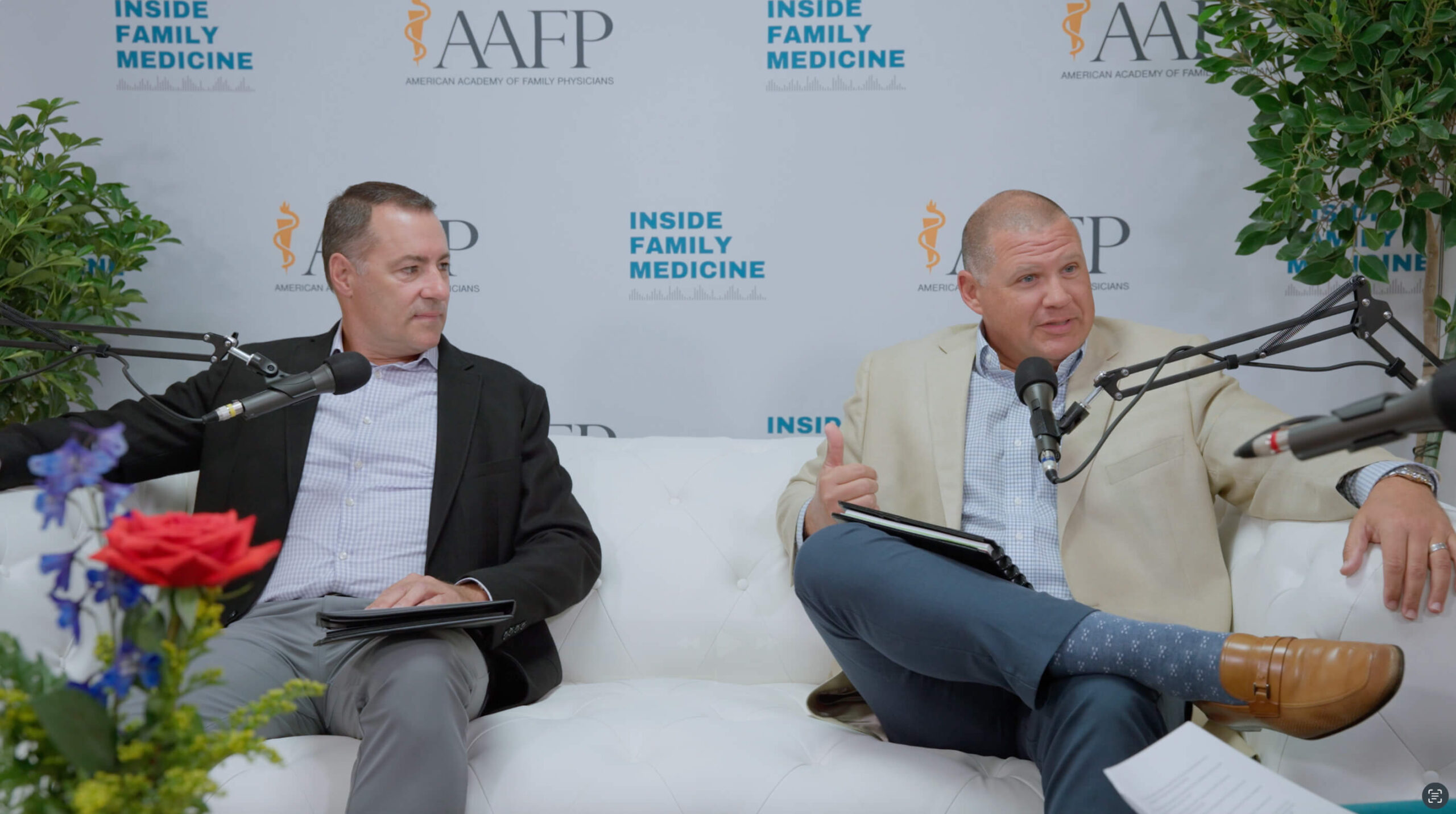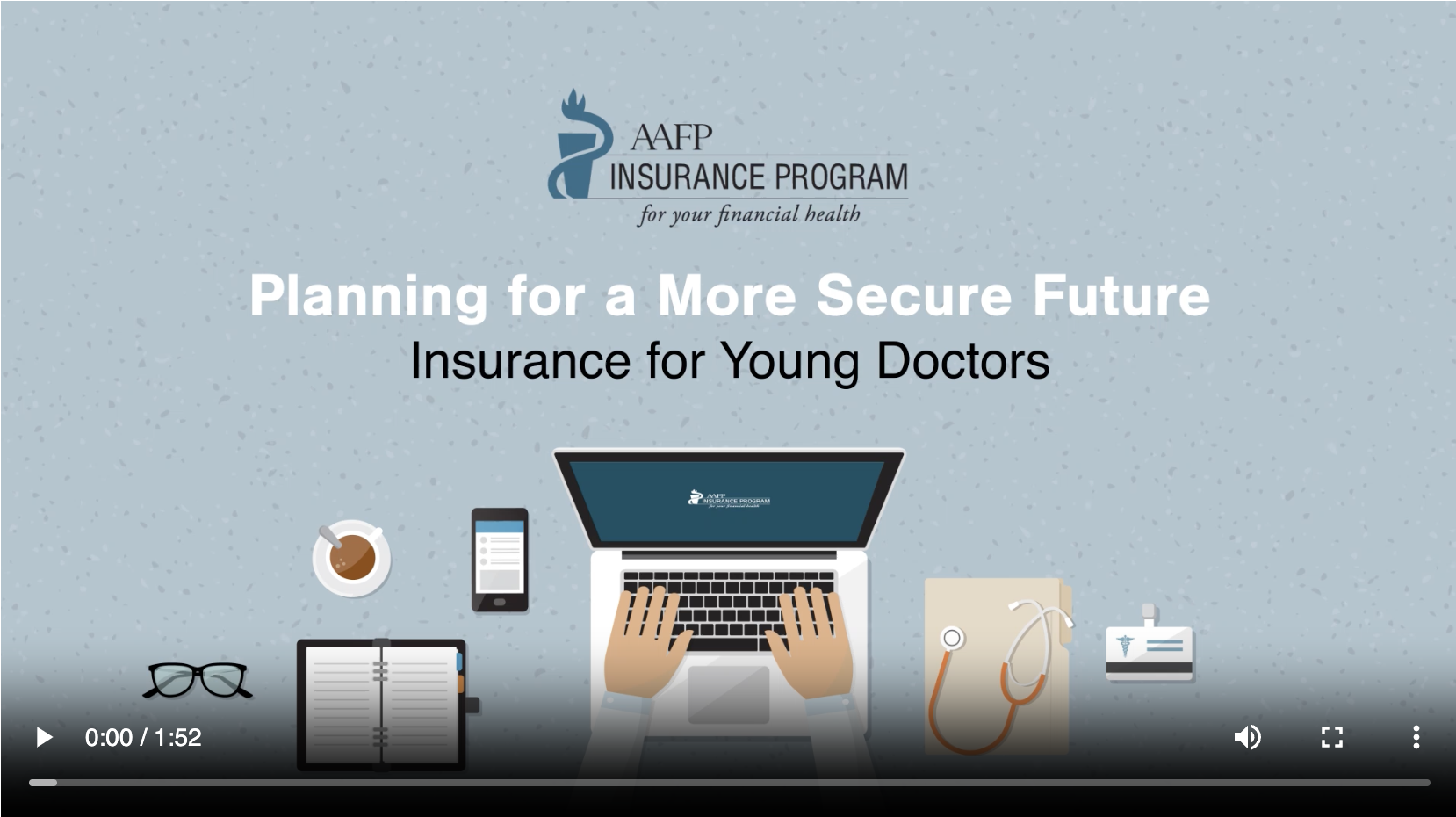
This past year, the COVID-19 pandemic threat has upended lives around the globe. It’s left few things unchanged—especially when it comes to jobs and income. And even with the extra workload that COVID-19 has brought to some segments of the medical system, many doctors have suffered financially.
According to an October 2020 survey, almost half of U.S. doctors reported an adverse financial impact from the pandemic—ranging from job furloughs to reduced income and lost jobs.
The reasons are simple. COVID-19 disrupted the normal pattern of medical care. Patients, fearful of contracting the virus, postponed annual and wellness checkups and even ignored conditions for which they would have previously sought medical care. Hospitals, overwhelmed with COVID-19 patients cancelled and delayed elective procedures and surgeries.
Early in the pandemic, a survey of practicing physicians in the Texas Medical Association (May 2020) showed that 68% had cut their hours and 62% had reduced their fees, and only 11% reported no impact. And according to the Medscape Physician Compensation Report, the 60% decrease in patient volume and 55% reduction in revenue left almost no physician unscathed.
That’s the bad news. But now that we are beginning the slow recovery, doctors are trying to decide how best to rebuild their practices and recoup their financial health. Many older physicians have opted to close their private practices and either retire early or take a job with a hospital, medical group, medical device startup or the like. Others are opting for teaching positions in medical schools.
Younger doctors, however, are in their peak earning years and need to figure out how best to rebuild their practices. Here are five ideas to help put physicians on the road to financial health, generating more income and preserving the money they make
1) Pay Back Loans and Debt
Paying off debt should always be a priority in your plans for financial health. COVID-19, however, created a financial situation that may have added to your debt load.
If you resolved immediate financial problems by withdrawing funds from your retirement plan, now is the time to start paying them back or you will suffer tax ramifications.
While Section 2202 of the CARES Act allowed physicians to take an early distribution without penalty fees, taxes still apply, unless you repay the funds. You have three years to repay the money, but must file tax paperwork annually.
Similarly, if you took a loan against your 401(k) you need to repay this to avoid accruing interest. Section 2202 of the CARES Act allows for a one-year extension on interest-free loan repayment.
To save unnecessary tax and interest, it’s a good idea to make plans for repayment. For advice and help with paperwork, talk with your accountant or tax advisor
2) Practice Frugal Spending
Living on a budget may be new to many physicians, but it can be a useful tool in helping you curb spending while you rebuild and recoup. For the near term, you might want to plan on eating at home more often and postponing vacations.
And a word of advice: It turns out that the old adage “a dollar saved is a dollar earned” is not true. It’s actually more. If you earn interest or invest that dollar, you’ll also benefit from the power of compounding, increasing your wealth exponentially
3) Protect Future Financial Risk
Insurance, while an expense, can play an important part in securing your financial health. Not only does it protect you against large, unplanned, out-of-pocket expenses, but it covers professional liabilities in our litigious society. Here is a list of the most important insurance for physicians:
- Professional liability insurance: Also known as malpractice insurance, this is critical protection against patient lawsuits.
- Disability insurance: Provides income protection when injury or illness prevents you from working.
- Life insurance: Provides financial security for your loved ones in the form of death benefits.
- Property insurance: When in private practice, you should protect your equipment and the physical space where you have your offices.
- Workers compensation: If you have employees, this is insurance coverage for them in the case of injury or death; it is also required in all states except Texas.
4) Provide Remote Patient Care and Telemedicine
While telemedicine is not a revolutionary, new idea, until COVID-19 it was primarily reserved for remote area and rural communities. Also, little was being done to streamline communications, ease the costs or simplify the regulations.
That’s now changed. Technology, regulatory issues and access to electronic healthcare records are all being simplified. What’s more, the insurance industry is including telemedicine in its coverage—both from the perspective of healthcare and malpractice coverage.
Telemedicine, while not a replacement for seeing a primary care practitioner in person, is a useful tool that is facilitating patients’ access to medical care. And according to Medscape, just since the pandemic remote patient care has increased 225%.
While there are costs associated with starting up a telemedicine practice, your long-term plans should probably include some options for remote patient engagement.
5) Promote Your Practice
Finally, today, every professional practice and medical group should be marketing its services. The type of marketing can take many forms, but the bare minimum today includes a website. Other options include:
- Social media: The professional social media platform LinkedIn certainly offers an opportunity. Also, if you feel that you have advice to share with prospective patients, you could start making videos for YouTube.
- Written content: Contribute articles to websites, social sites, blogs and journals that your patients read. It’s a great way to build credibility.
- Referral program: Word of mouth is always a powerful tool, and if you have happy patients that don’t mind speaking about their experiences and recommending you to their friends, then you should start a patient referral program.
- Traditional advertising is also an option. And yes, according to the AMA, you can advertise, as long as your message is not misleading, deceptive or too aggressive.
Whether you want to build a marketing program or start running ads, you should probably hire a professional to manage the many moving parts.
Although the COVID-19 pandemic may have wreaked havoc on your practice and income, you can rebuild and recoup your financial health. The key is to protect your assets, pay down debt and look for new opportunities.




